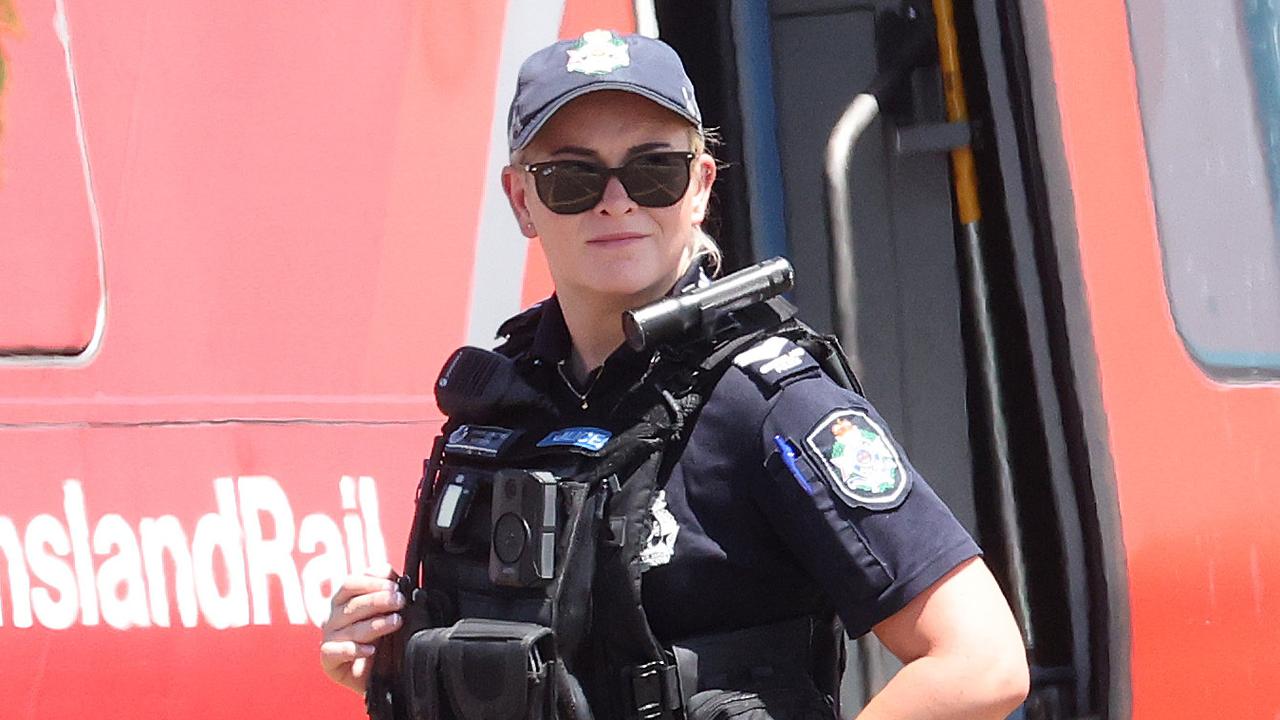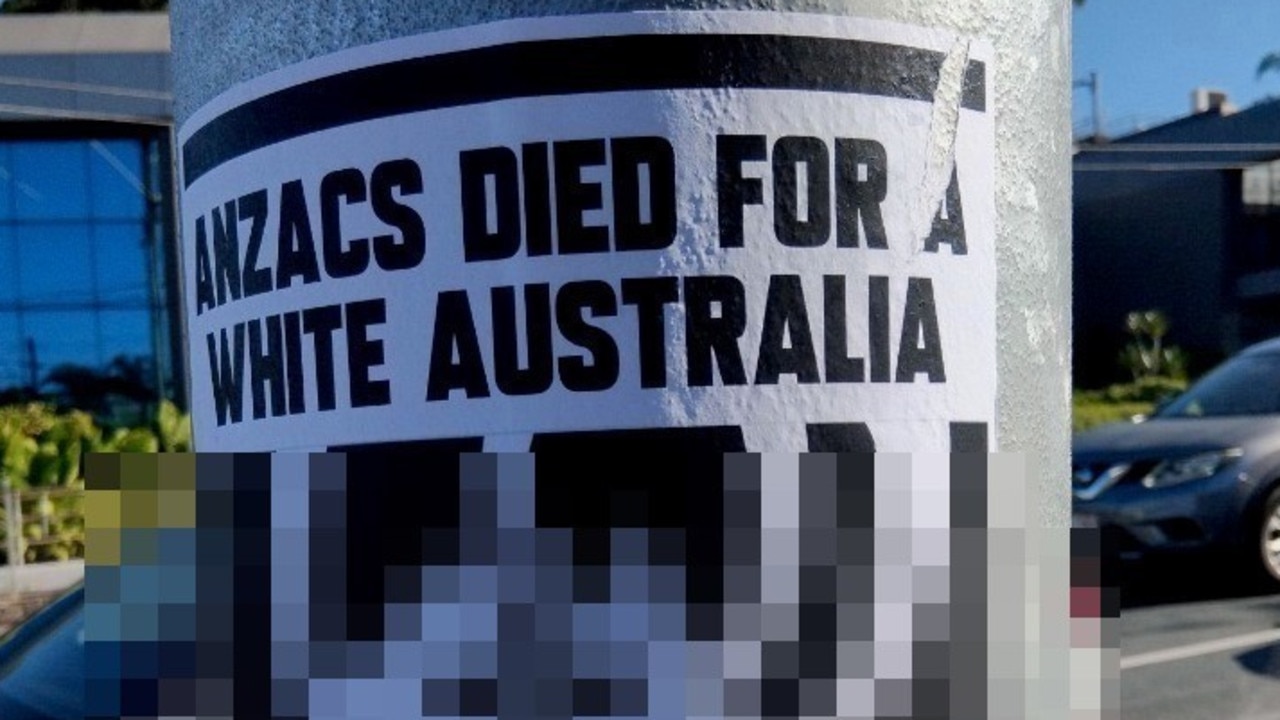Moment that made Alex Hyndman Hill give up the booze
In a confronting, must-read confession, a single mum reveals the harrowing moment she finally realised she had an alcohol problem – and how she turned her life around.
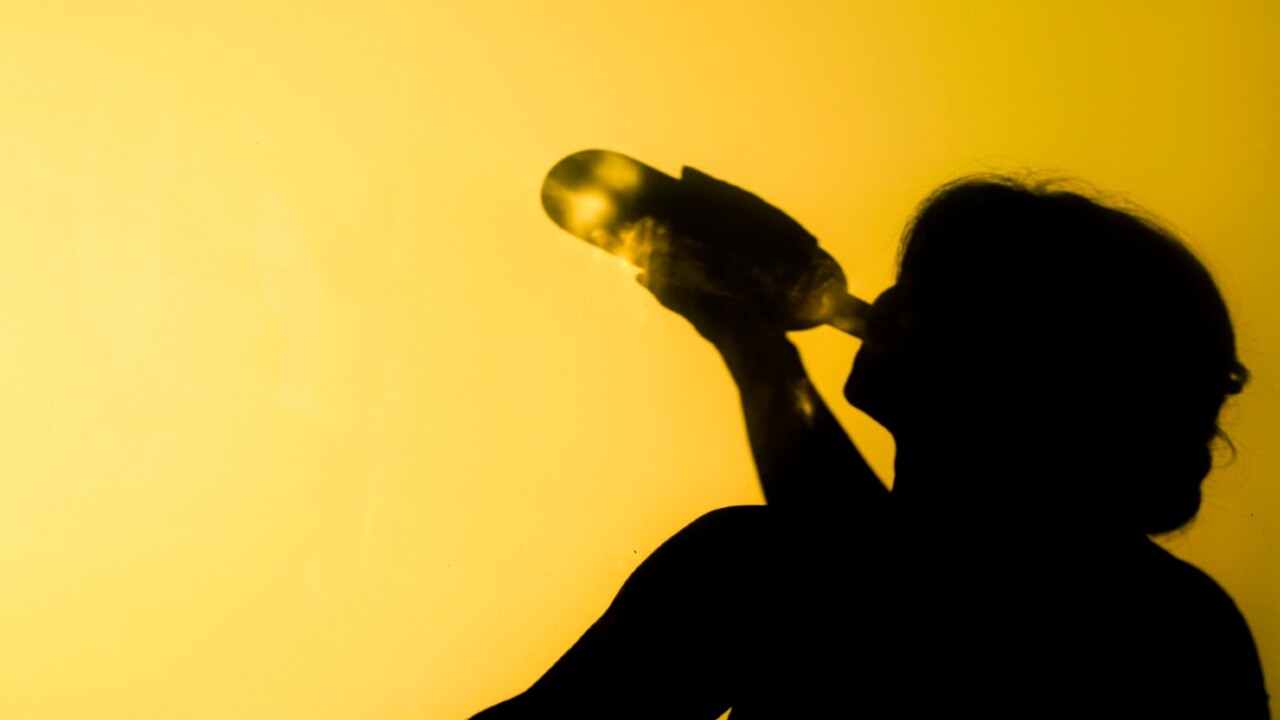
QLD News
Don't miss out on the headlines from QLD News. Followed categories will be added to My News.
Two years ago I fell down the stairs in front of my children after drinking too much.
It was the last time I was drunk and it was the start of me finally getting sober and telling my story.
My relationship with booze started when I was a teenager. At first I drank to fit in. I moved from Adelaide to London when I was 16 and all the kids I became friends with drank and smoked. We bought litre bottles of cider for a few pounds and packs of 10 cigarettes and hung out in parks or at friends’ places when their parents weren’t around.
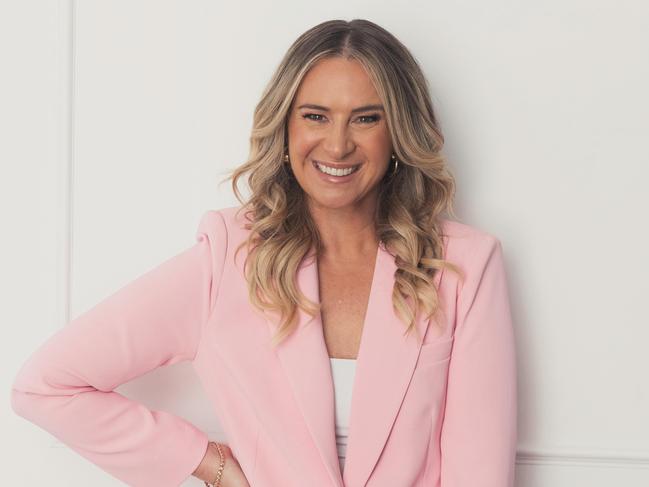
Then, I drank my way through university. Drinking at the student bar was part of everyday life and it was so cheap that we never thought twice about buying drinks all night. When I graduated and got my first job as a newsreader I drank with all my media friends.
I normally presented the breakfast show which meant work was over by midday and then the drinking at lunchtime began. There were endless work events, late nights and early mornings. I definitely burnt the candle at both ends and loved every minute of it.
When I look back now I can see how I was encouraged to drink, how it was normalised, how every social event revolved around drinking, how I was influenced from a very young age and how I was one of so many who was easily hooked. I didn’t consider giving up in my 20s, I loved drinking and figured I’d cut back when I was older or when I became a mum.
Unravelling it all fascinates me.
For my first book Beyond Booze I’ve had to unpack everything I thought I knew about alcohol from my own experience to the marketing and the science, to the genetic factors that play a part in addiction and the language that’s now used around alcohol abuse and dependence. Where people like me used to be labelled alcoholics, that’s no longer the only way to look at what happens when booze becomes a problem. Initially the problem with my drinking was that it wasn’t a problem.
In my eyes everyone drank like me. When I started working as a journalist drinking was all part of the game, part of the networking I had to do. I wanted to be like Carrie Bradshaw and Bridget Jones. They drank like fish, so I did too. I loved the sophisticated image I thought I was portraying by ordering strong cocktails and learning about fancy old wine and ordering the right wine at restaurants.
I went from radio newsreader to national TV presenter, fronting shows in the UK on Sky News, Sky Sports, ITV and Channel 5.
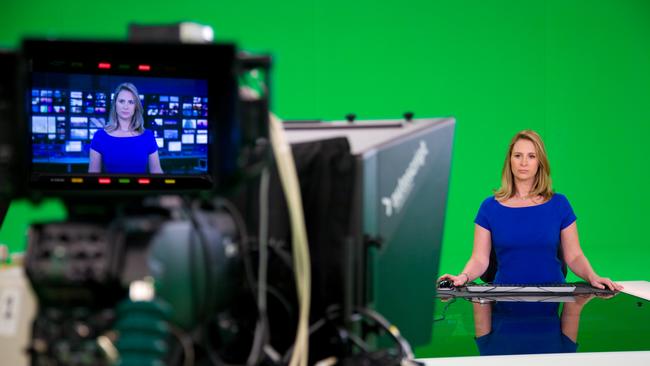
I should be clear, though, I don’t think this happened because I drank. I may have put myself out there more because I had “Dutch courage” from drinking. But honestly, I think I was extremely lucky that it didn’t derail my entire career. I think I got away with it because I was high achieving and always showed up, even if I did smell like ciggies and booze from the night before. There were times during this period when I tried to moderate my drinking but it never lasted long.
Fast forward 20 years and I’m now a mum of two and living back in Australia. I moved back home with my kids, Alfie, 11, and Olivia, 12, after their father Geoff and I got divorced. My drinking wasn’t the reason we broke up but I’m not sure it ever helped our relationship.
Rather than giving up drinking when I became a mum, I went back to my old drinking habits after they were born and it escalated when I became a single mum. I drank at home on my own when they were in bed. I drank so regularly that the kids, who were about five and six at the time, would me to stop at the bottle shop on the way home from school or kindergarten. I knew I was drinking too much but I’d always find a way to justify it.
There’d be an article saying red wine was good for you or vodka and tonic was some celebrity’s drink of choice. I told myself it wasn’t a problem but every time I felt the shame creeping in, I googled “am I an alcoholic?” It was clear I was drinking at dangerous levels. At this stage I’d have at least a couple of gin and tonics and a bottle of wine a night on my own. I’d also drink when I went out for lunch with friends or after school at the pub. This is way more than the recommended amount.
The Australian health guidelines say women should have no more than 10 standard drinks a week or four standard drinks a day. That’s the equivalent of a couple of small glasses of wine, with about half a glass of wine being one standard drink.
Turns out I was far from alone in drinking like this. After the pandemic hit, more of us than ever spent our days drinking. Mixing margaritas in the middle of the day seemed like a fun way to get through never-ending lockdown. While for some it was a short-lived distraction, for those of us who were already abusing alcohol or dependent on it, this spelled disaster.
The number of middle-aged Australian women now drinking above the recommended “safe amount” was already quickly catching up to men before we were all locked down. Now researchers say women my age (45) are drinking more than they have in decades and are doing so at “increasingly risky levels”.
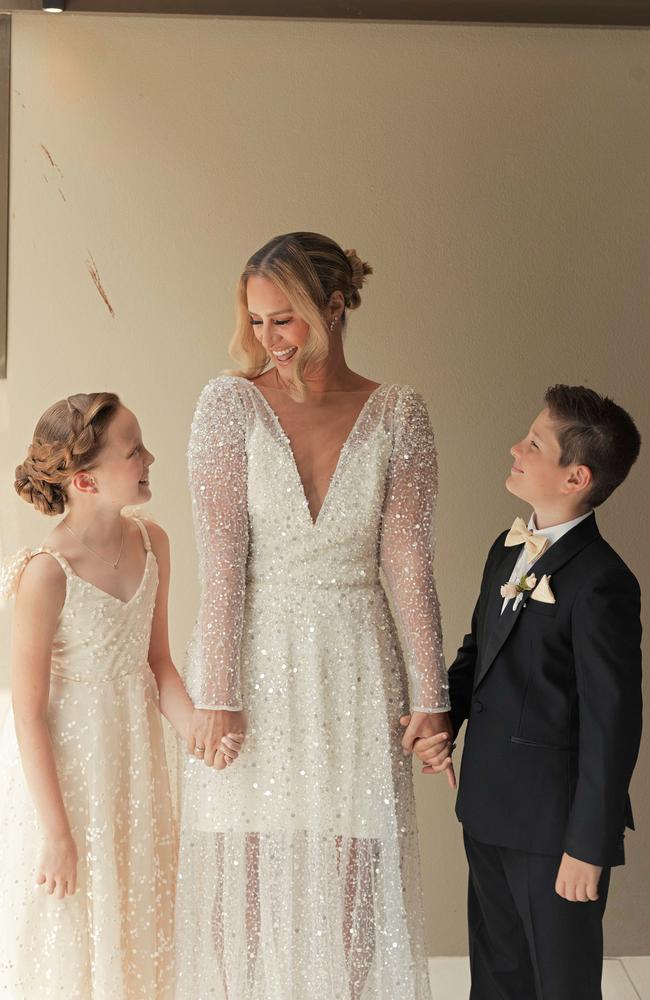
A 2022 study by the Menzies School of Health Research and the Centre for Alcohol Policy Research led by Mia Miller, revealed around 21 per cent of women aged between 40 and 65 consume alcohol at “binge drinking” levels. Which means they consume more than four standard drinks in one session “with the aim of getting drunk”. The study, published in the Drug and Alcohol Review, is just one of many pointing to why we should view drinking like mine as a huge risk to our mental and physical health. According to the International Agency for Research on Cancer, there is no safe level of alcohol consumption. It is classified as a Group 1 carcinogen and is recognised as the “second greatest preventable cause of drug-related death and hospitalisation in Australia” just behind smoking.
The National Health and Medical Research Council also states there is never a completely safe amount of alcohol and stresses drinking any alcohol “can cause harm to the person who drinks and sometimes to those around them”.
But, if you’re anything like me, these facts and stats won’t be a motivating factor for you to cut out booze. I finally gave up because I hit my rock bottom. My last drink story is dramatic but yours doesn’t have to be. What I’ve found through talking to hundreds of people about alcohol and drinking is that for a lot of women they want to stop because they simply don’t like it anymore. They can’t stomach it, they’ve had enough of the hangovers and dusty mornings. They don’t like being out of control anymore and alcohol affects them in a different way now they’re in peri or menopause.
There doesn’t have to be a dramatic end but for so many of us there does need to be an end to the cycle. However, I’m not here to tell you alcohol is evil and ruining your life. I’m sharing what I needed when I decided I’d had enough.
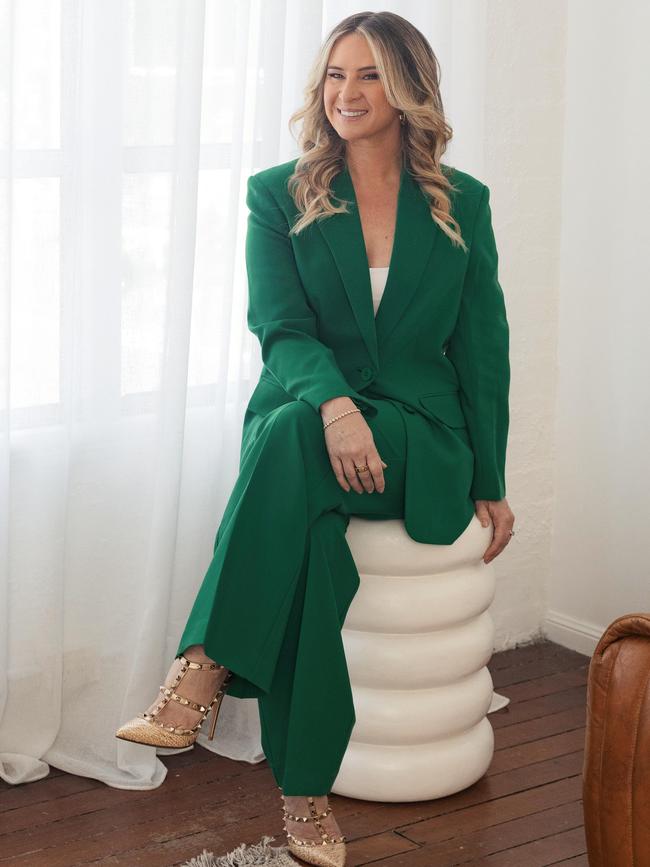
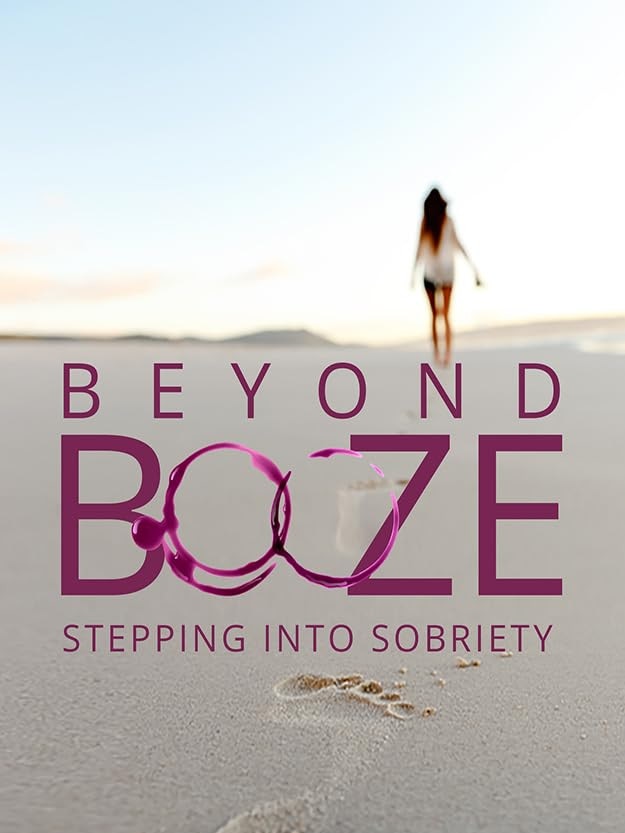
When I stopped I needed the tools to navigate the first week without a drink. I needed someone to tell me what to say when people asked me why I wasn’t drinking. I needed to know what to do to get through that first event where everyone seems to be drinking and I’m not. I went in blind and I don’t want that for you if you want to quit.
I also want to help if you’re sober curious and want to see what a life with less alcohol looks like. You might keep drinking, you might stop, you might drink more mindfully. Only you can make those choices.
I made the choice for my kids the night I fell down the stairs in front of them. That night I had been out with some other mums and we carried on drinking when we got back to my friend’s place. My kids were there, when they’d normally be home in bed with a babysitter, and they saw us all drinking until the early hours.
When I finally took them home, stumbling up the hill with no shoes on, they were totally confused. When we got in the door they saw me fall over. Luckily I was only bruised but at nine and 10 years old they were old enough to tell me that they didn’t like it. They needed me and it scared them seeing me like that.
I think it was all amplified by our family situation at the time. Their dad Geoff, who was still living in London, had been sick for a while. He’d been diagnosed with leukaemia a few years after we divorced and I’d been drinking more and more to try and drown out the horrible thoughts inside my head. Geoff was in hospital in London and with Covid restrictions still in place there wasn’t a lot I could do. I drank to cope with my guilt about having moved so far away with Alfie and Olivia, I drank to deal with my devastation for the children losing their father. The only coping mechanism I had really invested any time in was drinking. So, looking back it was no surprise that I drank to cope with the grief. I drank a lot. It didn’t help, of course.
I stopped drinking on the 1st of October, 2021, a few weeks after Geoff died. It was when my children needed me most but when my emotional state was a disaster. I had all the feelings and couldn’t stop crying. I would normally have started drinking to try and numb the pain but I finally knew it had to end and I had to work through my grief and support my children through theirs. If nothing else, I wanted Alfie and Olivia not to have to worry that they were going to lose another parent when they’d just lost their dad.
I channelled my energy into getting through the first few months of sobriety by researching alcohol abuse and dependence, writing articles and posting on social media. I wanted to be vocal about giving up alcohol and I wanted to find people like me who had gone through this and come out the other side. I needed new role models. I found new friends who didn’t drink, I started to lose weight, my face shape even changed. I started exercising every day and my skin was suddenly glowing. I started sleeping better and was a little nicer to be around in the morning. I cursed all those happy morning people I’d rolled my eyes at for years. They were right. Exercise, sleep and drinking water instead of gin really did work. I found my motivation.
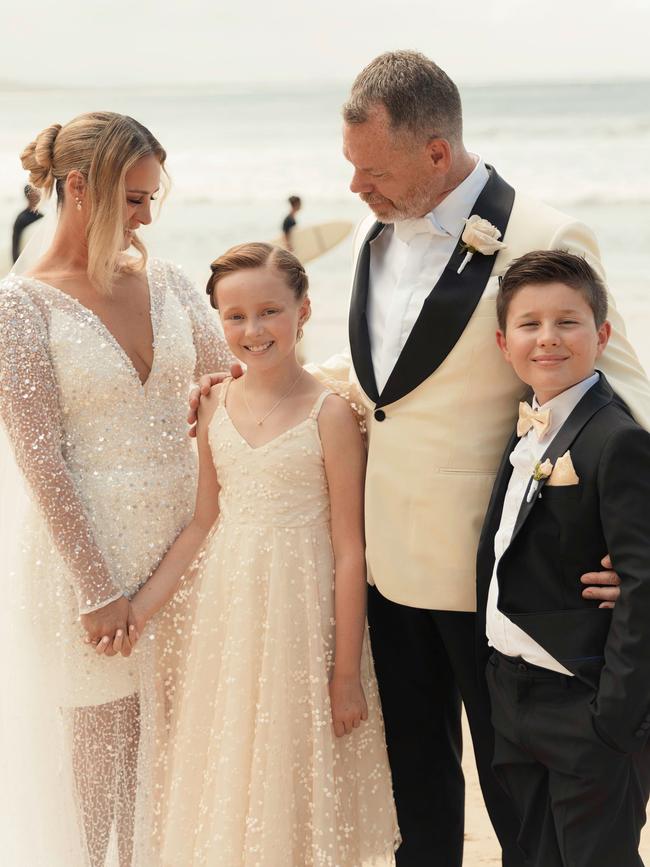
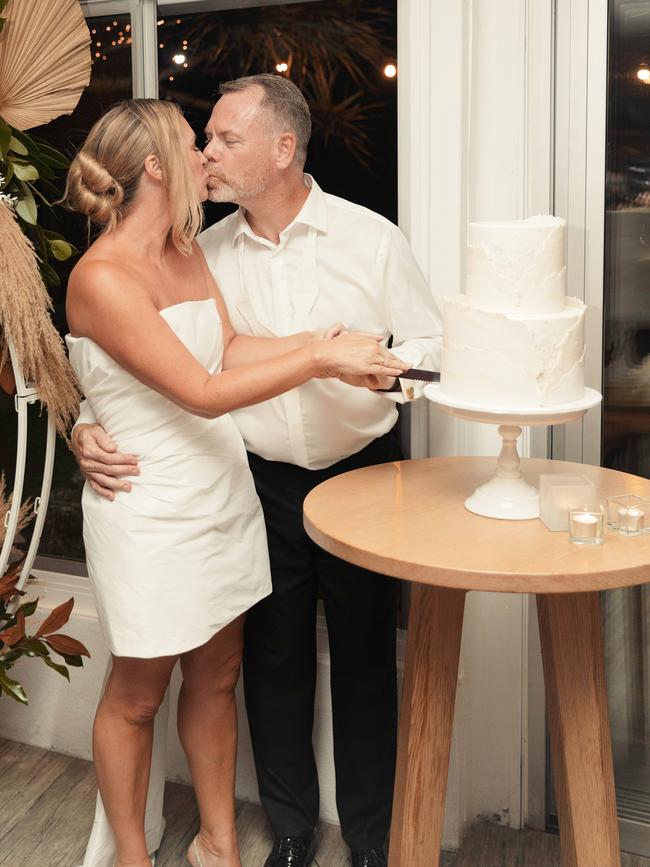
I wrote my book, landed gigs on radio and TV and realised how much my drinking had been holding me back. My partner Warren and I got married after five years together and served non alcoholic bubbles at the reception on the beach in Noosa. I danced and smiled all night.
While it hasn’t all been easy and I’ve struggled through a lot of it, I have stopped feeling like a failure. I thought I’d failed my children, I thought my career had failed, my marriage to their father had failed and I’d failed at being happy. The only thing it turns out I’d failed at is recognising sooner how much of a negative impact drinking was having on my life.
When I cut alcohol out everything changed and the feeling of failure started to go away. I discovered I had so much more power than I realised. The pressures and the expectation to go out and have a drink mean a lot of us are constantly battling to “drink responsibly” and then see it as a personal failure when we can’t.
In her paper: The who and what of women’s drinking: Examining risky drinking and associated socio-demographic factors among women aged 40-65 years in Australia – lead researcher Mia Miller says the most important thing is not to assign blame to women like me but to increase help and support.
I’ve been going to counselling regularly and talking and writing about going alcohol-free. The thing that helped me the most was finding other people like me, who knew they drank too much and found it hard to stop. Reading other people’s stories and making new connections has shown me there is a different way to live life and I’m not the only one who found it hard to see that. Please know that support and help is out there and there is life beyond booze.
Originally published as Moment that made Alex Hyndman Hill give up the booze

